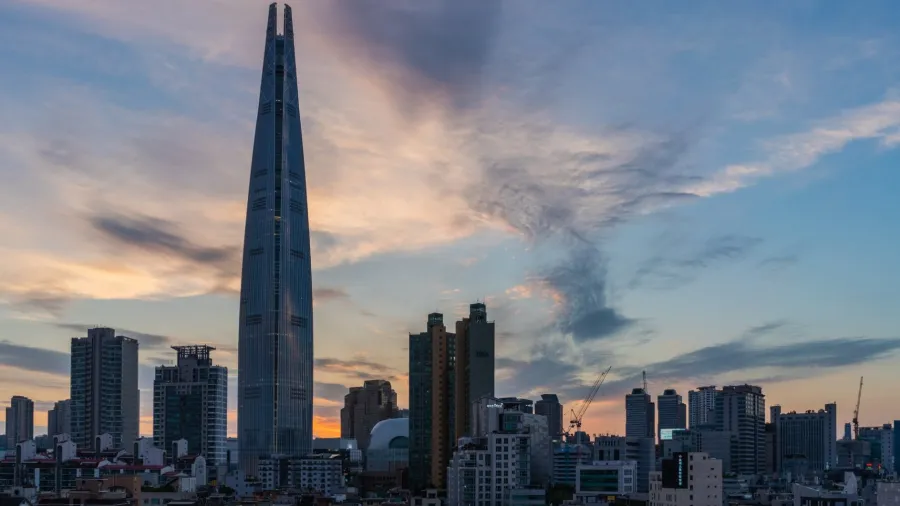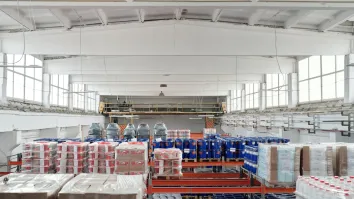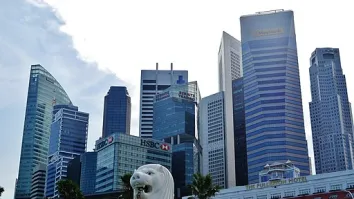
Why Seoul’s office market has been resilient despite uncertainties
Annual rental growth was at a record 21.4% in Q3 amidst a global economic slowdown.
According to a JLL article, Seoul’s prime office market maintains its resilience amidst global economic concerns. In 3Q22, annual rental growth was at an all-time high at 21.4% y-o-y due to buoyant leasing demand. With firm demand and limited supply in the Seoul market, Grade A office vacancy rates plunged from 15.4% in 1Q21 to 2.5% in 3Q22.
“Despite recent completions, supply is still insufficient to meet bullish demand. Moreover, some developers seeking higher returns chose to redevelop outdated properties or develop sites into residential buildings rather than offices,” JLL adds.
Here’s more from JLL:
In 2021, the Finance & Insurance industry was the largest source of overall office leasing demand, accounting for around 38% the tenant composition. It was followed by the ICT and Wholesale & Retail sectors, with both at about 18%. However, in 2022, the information and communications technology (ICT) industry generated the most demand and accounted for around 23% of the market, surpassing Finance & Insurance.
Backed by post-pandemic investments, ICT companies poured into the Gangnam and Pangyo districts, filling vacancies. As of 3Q22, vacancy rates in Gangnam and Pangyo were a meagre 0.3% or zero. The scarcity of office space triggered a spillover effect, encouraging occupiers to move to alternative locations.
Despite ICT industry players being highly inclined to settle in Gangnam and Pangyo, some ICT companies have signed leases in other sub-markets due to a lack of supply. For instance, ICT companies such as Youngwoo Digital and Kakao Entertainment signed leases in CBD instead of Gangnam or Pangyo (see Figure 3). Figure 3 also shows large-scale relocations from lower-grade buildings or fringe locations to prime offices, showing signs of ‘Flight to Quality.’
What drives Seoul’s office market resilience?
After the pandemic, companies were mindful of government regulations, such as social distancing. Occupiers’ perceptions of hygiene improved, calling for greater demand for larger office spaces allocated per person by distributing bigger unit desk areas and creating open lounges. Furthermore, companies now strongly prefer prime buildings in core locations to increase job satisfaction.
However, Korea did not experience a strict lockdown situation. While some companies implemented flexible working or work-from-home policies, the return to office rate was virtually 100% in 3Q22. Seoul’s prime offices were also underpinned by a low unemployment rate, which has stayed between 2.1% and 5.7% since the pandemic outbreak.
From a cultural aspect, nearly half of unmarried South Koreans in their 30s and 40s live with their parents (Korea Institute for Health and Social Affairs). Moreover, the average living space per person in South Korea is only around 33.9 sqm (Statista, 2020). Thus, workers often prefer to keep their workspace and living space separate, which has led to higher occupancy in offices. Some companies provided satellite offices, such as ‘d’light’ of Samsung and ‘H-Work Station’ of Hyundai Motors, to meet employees’ demands for shorter commute times.



















 Advertise
Advertise






